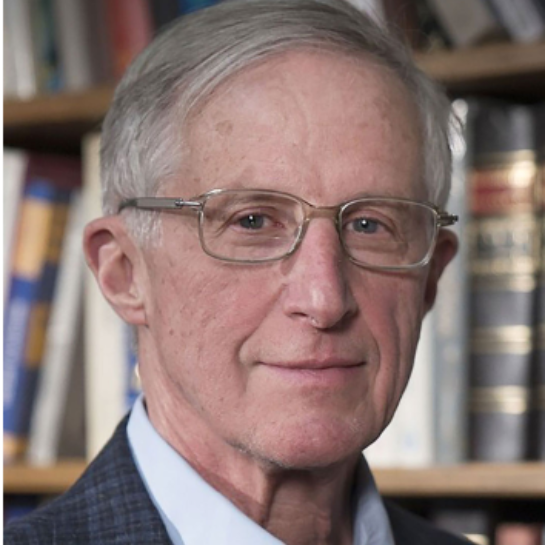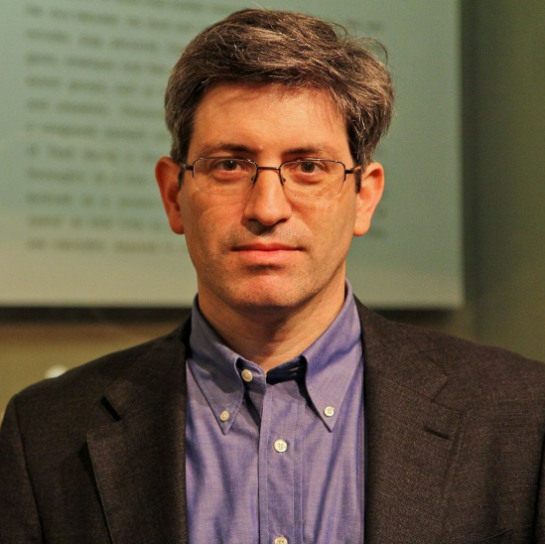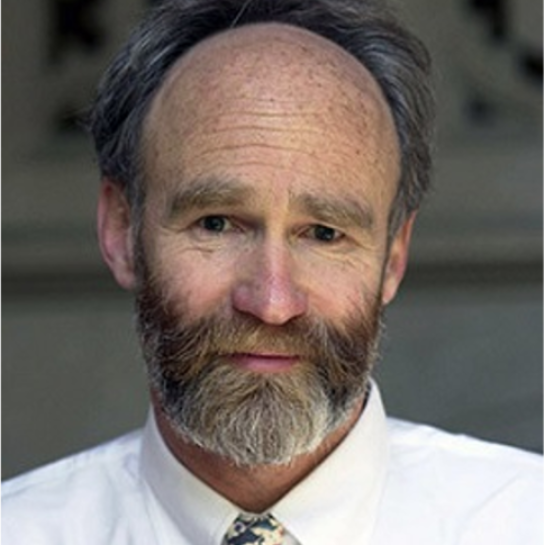Much of the discussion on climate change in the past has been focused on rules and regulations telling people what not to do. But what would it look like to move people away from top-down policies towards positive incentives promoting innovation and problem solving. Daniel Esty proposes an innovation-oriented sustainability strategy as a necessary framework for the future of our planet.

In addition to understanding the issues of science and policy surrounding climate change, it is important to factor in the cultural values that shape human behavior toward nature. Confucianism has been the primary ethical system in China from earlier times to the present, providing a wealth of resources for rethinking our relationship with the environment. How might these ancient values speak to the current challenges of climate change?

The increasing concerns about environmental pollutions, climate change, and resource challenges drive the development of sustainable solutions that can meet societal needs without compromising the environment or depleting the resources for future generations. Given many technological, behavioral, and policy options, it is challenging to determine which option best serves humanity and the environment. Life cycle assessment offers a systems approach to support these decisions. This talk will discuss life cycle thinking and give examples of how integrated life-cycle systems analyses can enhance engineering, process, supply chain, and policy design for a low-carbon future.

The 2018 Nobel laureate for economics will analyze science, economics, and politics involved in the debate over the climate change and lay out the next critical steps for slowing the trajectory of global warming.

Precipitation supplies a water resource that is vital to the society. Too much of it however will increase flood risk. As recent flooding in China and around the world has shown, climate change can create dramatic effects that include extreme consequences. In this talk, Xuhui Lee will review the state of science regarding projections of precipitation change in a future warmer world. Will global total precipitation increase, and if so by how much? Will individual rain events become more intense, and if so why and by how much? Which is more likely: wetter climates get wetter and drier climates get drier, or vice versa?

Laws and regulations play a big role in solving environmental problems. It is expected that mandatory laws and regulations can promote environment protection and related ESG engagement among more stakeholders on a larger scale. In this talk, Gao Xiqing proposes that we need a strong government, which can turn the environmental problems into legal problems and empower related authorities. He will also share his experience involved with how China Investment Corporation (CIC) formulated the “three no” policy to guide investment.

Data can guide people in solving environmental problems and be the foundation for China achieving carbon neutrality by 2060. In this talk, Ma Jun will discuss the role of environmental data regarding evaluating, supervising, and providing solutions for environmental pollution. It is found that the implication of environmental data and green finance have helped more than 15,000 companies improve their business performances.

Global energy expert Xizhou Zhou will talk about the way technology revolutions in energy are influencing geopolitics, security, climate, and health.

Applying Market-Based Instruments (MBIs) in solving environmental problems has been a big step forward. This talk will focus on China’s Carbon Trading System, the largest of its kind in the world. Zhang Jianyu will share his experiences and insights from leading the establishment of the national carbon market and designing environmental public policies in general.

As you prepare to write persuasively about climate change and sustainability, we look at key points for writing an effective op-ed. What are the essential elements of a well-written piece, and how can you ensure you communicate your point clearly and convincingly?

Writing takes hard work and collaboration. In this session, we will look at the writing process and discuss how to take advantage of fellow writers to help craft a better piece of writing. Learn about what to look for as you help others edit their writing while you participate in the peer review process.

An introduction to how to communicate about scientific issues to a large audience of non-scientists.

After discussing the basics of persuasive writing, editing and reviewing, and writing about science, we will practice to put everything together and discuss writing about climate change from a seasoned writer. We will discuss what pitfalls to avoid, what particular strategies work, and how can you make your piece more impactful.
